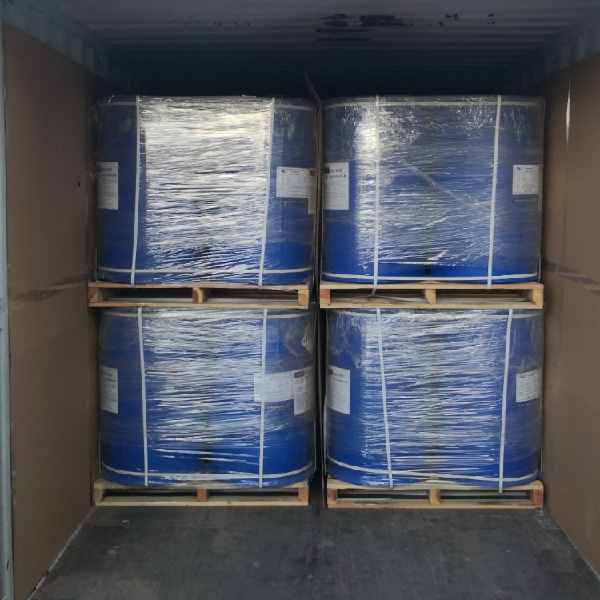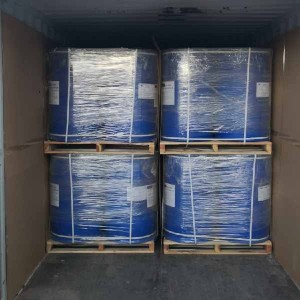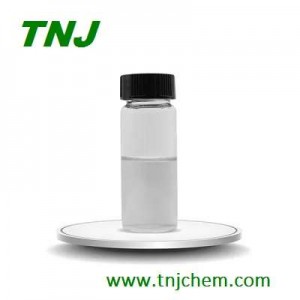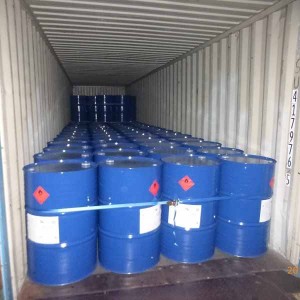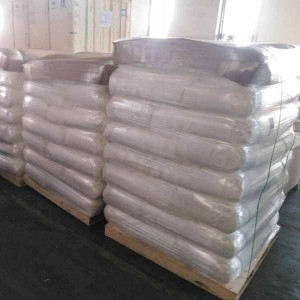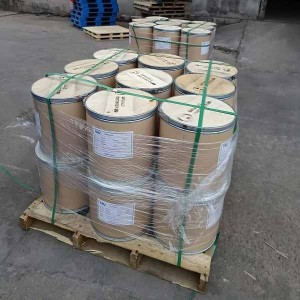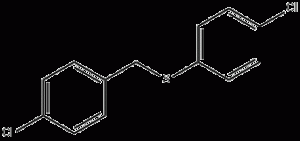CAS 127-17-3 Pyruvic acid
Pyruvic acid CAS 127-17-3 , also known as a-oxopropionic acid, is an organic compound with the chemical formula C3H4O3 and the structure CH3COCOOH. It is an important intermediate for glucose metabolism in all biological cells and the mutual transformation of various substances in the body. As the molecule contains activated ketones and carboxyl groups, it is widely used as a basic chemical raw material in various fields such as chemistry, pharmaceuticals, food, agriculture, and environmental protection. It can be prepared through various methods such as chemical synthesis and biotechnology.
Chinese name: pyruvic acid
Foreign name: Pyruvic acid
Nickname: 2-Oxopropionic acid, Acetic acid
Chemical formula: C3H4O3
Molecular weight: 88.062
CAS login number: 127-17-3
Melting point: 11.8 ℃
Boiling point: 165 ℃
Water solubility: miscible with water
Density: 1.25 g/cm ³
Appearance: Light yellow to yellow transparent liquid
Effect
Role in metabolism
Pyruvic acid is a weakly acidic organic acid with both carbonyl and carboxyl functional groups in its molecule. In addition to possessing the properties of carboxylic acid and ketone, it also has α- The properties of keto acids are the simplest α- Ketonic acids (belonging to carbonyl acids). Pyruvic acid is a tricarboxylic acid produced in the body, which is the final product of the glycolysis pathway. It is reduced to lactate in the cytoplasm for energy supply, or oxidized into acetyl CoA in mitochondria. It enters the tricarboxylic acid cycle and is oxidized to carbon dioxide and water, completing the aerobic oxidative energy supply process of glucose. Pyruvic acid can also achieve mutual conversion between sugars, fats, and amino acids in the body through acetyl CoA and tricarboxylic acid cycling, thus playing an important pivotal role in the metabolic connections of the three major nutrients.
Antioxidant effect
Studies have shown that pyruvate can inhibit the oxidation of oxygen free radicals in mice, and as a hydrogen peroxide scavenger, it has the effect of preventing free radical damage. It has been proven to protect the body against functional damage in heart reperfusion injury and acute kidney failure. Pyruvic acid can exert antioxidant effects through two mechanisms: firstly, as a α- Ketonic acid and pyruvate can directly inhibit hydrogen peroxide through non enzymatic decarbonation reactions; Secondly, supplementing with pyruvate can enhance the citric acid cycle. After an increase in citric acid production, it inhibits phosphofructose kinase and enters the phosphopentose pathway, producing reduced coenzyme II (NADPH), indirectly increasing the ability of the glutathione (GSH) antioxidant system. Pyruvate can also increase the ratio of coenzyme I/reducing coenzyme I (NAD+/NADH), promoting the tricarboxylic acid cycle reaction.
ChemicalCAS.com offers price quotation and technology support of chemical from China. In the quotation from China factory supplier, we will include price terms, payment, lead time, COA, TDS, MSDS etc. We make sure the reliable purchase source and product quality. If you need to buy chemical from China, please feel free to contact sales@chemicalcas.com






